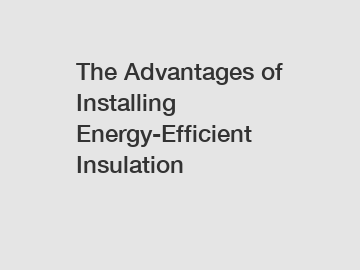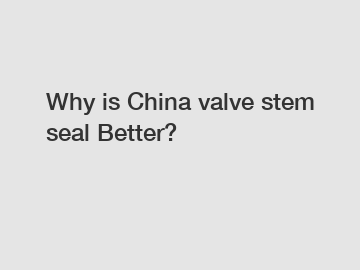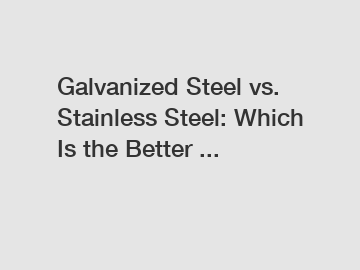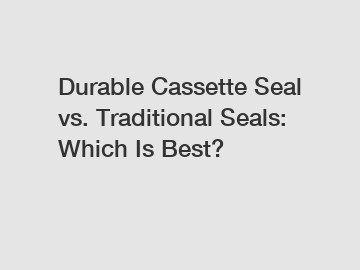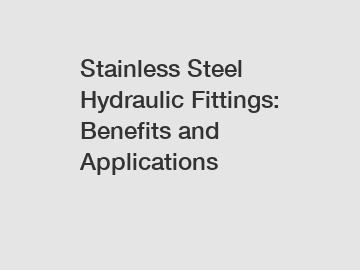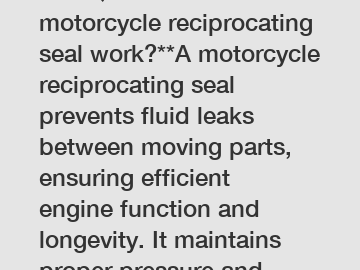How to choose and use the right Water soluble fertilizers for your plants
Water-soluble fertilizers are a convenient and effective way to provide essential nutrients to your plants. However, selecting the right fertilizer and using it properly are crucial for maximizing their benefits. Here's a guide to help you make informed choices and ensure optimal results for your plants:
1. Understand Your Plant's Needs: Different plants have varying nutrient requirements at different stages of growth. Before choosing a water-soluble fertilizer, identify the specific needs of your plants. Consider factors such as the type of plant, growth stage, and any specific nutrient deficiencies.
2. Nutrient Ratio: Water-soluble fertilizers come in various formulations, typically represented by three numbers on the packaging, such as 20-20-20 or 10-30-20. These numbers indicate the ratio of Nitrogen (N), Phosphorus (P), and Potassium (K) in the fertilizer. Choose a fertilizer with a ratio that aligns with your plant's specific requirements. For example, a high nitrogen ratio is suitable for promoting leafy growth, while higher phosphorus is beneficial for flowering and fruiting plants.
3. Micronutrients: In addition to the primary nutrients (N, P, K), plants also require micronutrients like iron, zinc, and manganese. Some water-soluble fertilizers include these micronutrients, while others may require supplemental micronutrient applications. Ensure that your chosen fertilizer provides a well-rounded nutrient profile for comprehensive plant nutrition.
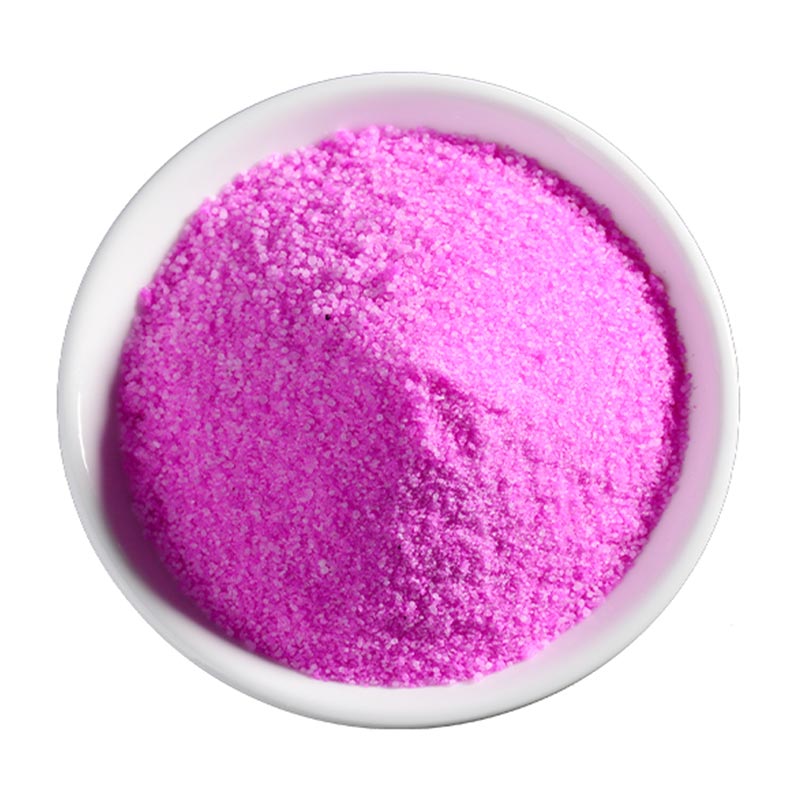
4. Water Quality: Consider the quality of the water you use for mixing the fertilizer. Hard water may contain minerals that can affect nutrient availability or lead to nutrient imbalances. If you have hard water, you may need to choose a water-soluble fertilizer specifically formulated for such conditions or use water conditioning agents.
Suggested reading:10 Questions You Should Know about Off-Road Cassette Seal
What Makes a High-Performance Steering Seal?
Seal Power Steering Pump: OEM vs Aftermarket Comparison Guide
Unwind On A Classy Outdoor Curve Sofa Design!
Fine Bubble Diffusers | SSI Aeration
Primary Benefits of Using Cartridge Mechanical Seals for Your ...
Crucial Tips to Maintain Hydraulic Motor Seals
5. Application Method: Water-soluble NPK fertilizers can be applied through various methods, including foliar spraying, soil drenching, or through irrigation systems. Choose a fertilizer that aligns with your preferred application method and equipment. Some fertilizers are designed for specific application techniques, so read the instructions carefully.
6. Frequency of Application: Follow the recommended application rates and frequency outlined on the fertilizer packaging. Over-fertilizing can lead to nutrient imbalances and potentially harm your plants. Conversely, under-fertilizing may result in nutrient deficiencies. Regular monitoring of your plants' health and adjusting the fertilizer application accordingly is essential.
7. Consider Environmental Impact: Be mindful of the environmental impact of water-soluble fertilizers. Excessive fertilizer runoff can contribute to water pollution. Use fertilizers responsibly, and consider slow-release formulations or organic alternatives to minimize environmental impact.
8. Read and Follow Instructions: Each water-soluble fertilizer comes with specific instructions from the manufacturer. Take the time to read and follow these instructions carefully. Adhering to recommended guidelines ensures that you provide your plants with the right nutrients in the correct proportions.
In conclusion, choosing and using water-soluble fertilizers for your plants involves understanding your plant's needs, selecting the appropriate nutrient ratios, and following proper application methods. By taking these factors into consideration, you can optimize the health and productivity of your plants while minimizing the risk of nutrient-related issues.
How to Choose the Best Cassette Wheel Hub Oil Seal for Your Vehicle?
10 Questions You Should Know About Seal Power Steering Pump
Ultimate Guide to HNBR Power Steering Oil Seals
How Do Composite Decking Prices Work?
4 Tips to Select the Perfect Customized Bamboo Strip Making Machine
4 Tips to Select the Perfect Galvanised Tank
Key Questions to Ask When Choosing a Sustainable Energy Source


